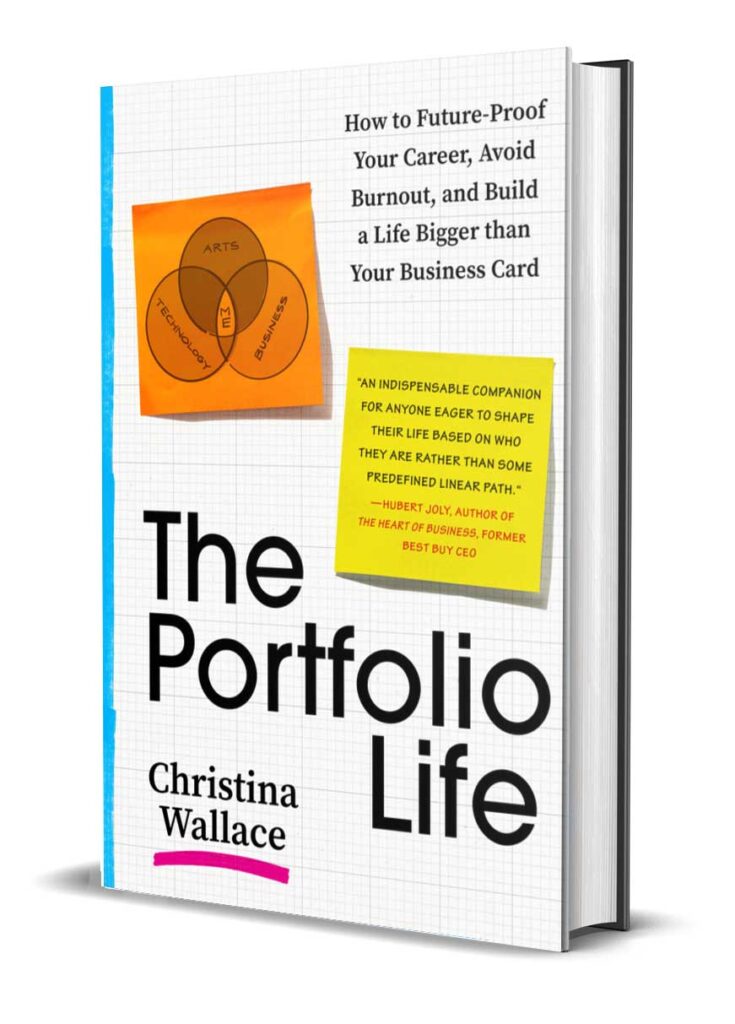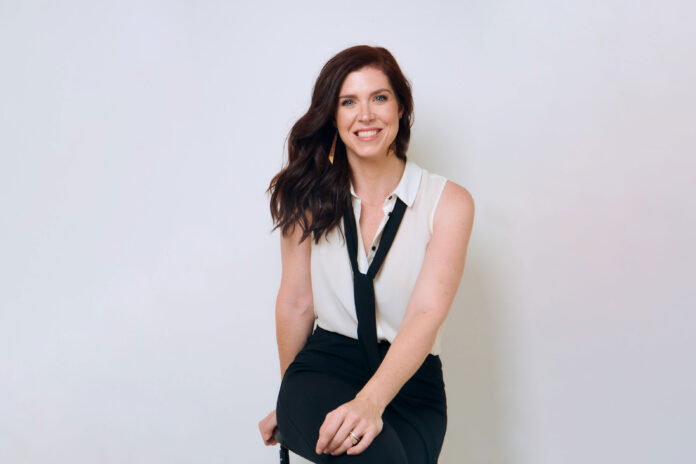By: Carrie Sheffield
Christina Wallace, a senior lecturer at Harvard Business School and angel investor, embodies the definition of Renaissance Woman. She shared her secret to balancing it all in her new book, The Portfolio Life. Enjoy her insights in this Smart Women, Smart Money interview below!
Why did you decide to write this book? What’s the biggest takeaway you want women to get from your book? What would you say sets it apart from other “time management” books?
I wrote this book in part to make sense of my own life. I’ve been living a portfolio life from the beginning and never felt I had a name for it. I also wrote this book because I kept getting the same emails from folks over and over asking how they could do this too. I’ve been writing and speaking about different elements of it over the last decade and this was an opportunity to pull it all together into an integrated model. So it is both permission and process.
The takeaway for me is that work/life balance isn’t real. Your work is in the context of your life, and that means how you allocate your time and talents across the various things in your life — from career to family to community and beyond — has to be a conversation that takes them all into account. Just like you allocate investments across various assets in your financial portfolio in order to meet certain risk and return goals for a particular stage of life, so too should you design your portfolio life based on your needs and goals for the chapter you’re in.

The biggest difference from other “time management” books? I don’t agree that Beyonce has 24 hours in her day. She has an entourage of assistants and housekeepers and business managers and nannies and makeup artists and so much more to give her leverage. So stop comparing yourself to her! And more realistically, stop comparing your capacity to folks who are living in radically different contexts. Whether you have children or parents you care for, a long commute, the wherewithal to outsource things like toilet scrubbing, or a partner who helps share the load (like, literally helps with the laundry) you’re are starting with a particular set of circumstances that will impact how you can allocate your portfolio. This is personal to you and to this chapter of life.
Your book promotional materials say you reject “the cult of ambition.” What is this “cult”? And how can women protect themselves from it?
Let me be clear: I’m ambitious. I’m not anti-ambition. I’m just against the “cult of ambition” which I define as the pervasive hustle culture mindset that you must always be striving for more. This idea that “You achieved something, great! What’s next? What’s the next milestone, the next mountain, and why are you even thinking for a minute about a break? A nap? A sabbatical?” I think it is a natural result of how precarious it feels in the US workforce today and it’s an ethos that is driving burnout across all generations, industries, and functions.
Business school, VCs and the business world are generally male-dominated. What advice do you have for women entering into these fields?
I have found great support from being part of both focused and diverse networks of women—communities that may be tightly-knit and those that are more diffuse and transactional. In all of these groups I’ve found the ability to learn from others’ off-the-record experiences was immense and that success for any of us could be a rising tide that uplifted all of us. AND, at the same time, I have found you cannot only network with other women. This is true of any underrepresented group. You cannot only learn from and build your relationships with folks who experience the same disadvantages that you do. You must also invest in communities led by men (or whatever the dominant group is in your industry) because that’s where the power currently resides. So don’t silo yourself in the pink corner: at the women’s conferences, pitching the women investors, going to the women’s retreats. Build social capital and learn from as wide a swath of folks in your world as you can.
What’s been the response since publishing? Has anything surprised you about the responses?
It’s been phenomenal seeing how many people have connected with these ideas across different stages of life, different careers, different geographies. Truly: it’s not just white collar, American Millennials and Gen Z. It’s hit home for so many people and they’ve reached out to share which research or case studies or exercises clinched it for them, which has been thrilling.
What advice would you give your younger self.
Trust the process. The point is the experience, the learning, the journey. You are not fully formed at 22 or even 32. Try new things, love new people, pursue new adventures and learn from each of them, incorporating that learning as you make your next move. No one has it figured out because there is no “it” to figure out. Just stay curious and love fiercely and don’t worry if it comes off as a little bit cringe.










